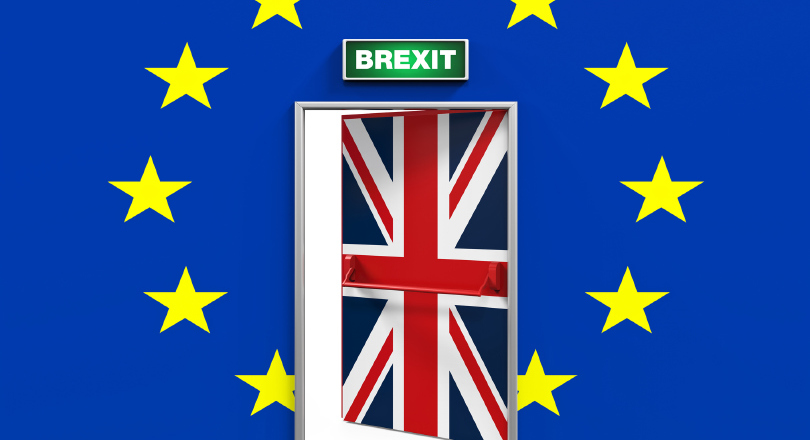Delegates backed a motion committing the union to continue to campaign on the UK’s membership of Euratom.
Moving the motion, Malcolm Forshaw (EDF Energy) highlighted the important work of Euratom in regulating the nuclear energy industry as well as in other areas like medicine and research and asked: “However did we reach this mess?”
He argued that Prospect had already achieved important concessions on Euratom and that the motion was needed to make sure this work continued.
Damian King (Fusion Energy) highlighted the impact of leaving Euratom on the Joint European Torus experiment at Culham which employs more than 1,000 people.
He said leaving Euratom could put the UK’s participation in the follow-up project to JET at risk and potentially cost the UK hundreds of millions of pounds.
Peter Clements rounded off the debate for the national executive committee by highlighting the impacts on Sellafield, Europe’s largest nuclear facility and a major employer.
Non-UK EU nationals
Next up was a motion on the rights of non-UK EU nationals since the referendum vote.
Michael Scullion (Environment, Food and Rural Affairs) highlighted the contribution that EU nationals have made – both in his workplace and to the economy as a whole.
The common theme of the debate was the uncertainty faced by non-UK EU nationals living and working in the UK with just 42 weeks to go before Brexit.
Delegates from ITV, the archaeologists branch, UKRI and Media City all gave their perspectives and supported the motion which was carried by a wide margin. It commits Prospect to continue to speak up for these members to secure their current rights up to and beyond Brexit.
Hard Brexit
Delegates backed another motion from EFRA calling on the union to oppose hard Brexit. Mover Ben Pye said: “The UK is sleepwalking to a hard Brexit it is like lemmings walking off a cliff.”
Vote on final Brexit deal
The session ended with a debate on two emergency motions. The first from members of the BT Northern Ireland branch sought to step up the union’s campaigning on Brexit including a new ask for the people to have a vote on the final Brexit deal.
The second covered the impact of a hard border on the island of Ireland and was put forward by BECTU’s southern Ireland branch. Following a passionate debate, delegates backed both motions.
You can find out more about what the decision to back a vote on the Brexit deal means for Prospect’s campaigning here.
Moving the first motion Claire Mullaly (BT Northern Ireland) said: “We must be bold and on the right side of history.”
Members are fearful about the Irish border and on the impact on key Prospect industries, on trade tariffs and on workers’ rights, she said.
By backing the motion, Prospect would campaign on the rights and interests of members; for the public to be given a say on final deal; and that if the deal was rejected by the public, the government should argue for an extension of the transition period to negotiate further, she concluded.
General Secretary Mike Clancy spoke in favour of the motions on behalf of the NEC. He said that just as a trade union branch would put the outcome of a negotiation with an employer back to members, so too should the government put the outcome of their negotiation back to the people.
Some delegates reminded conference of the need to maintain the union’s party political independence. However, in backing the motion by a wide margin, conference felt it was not at odds with this principle.

